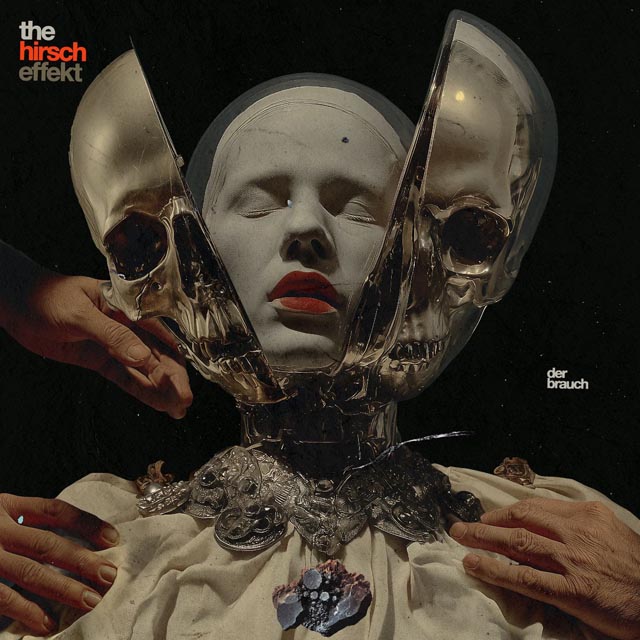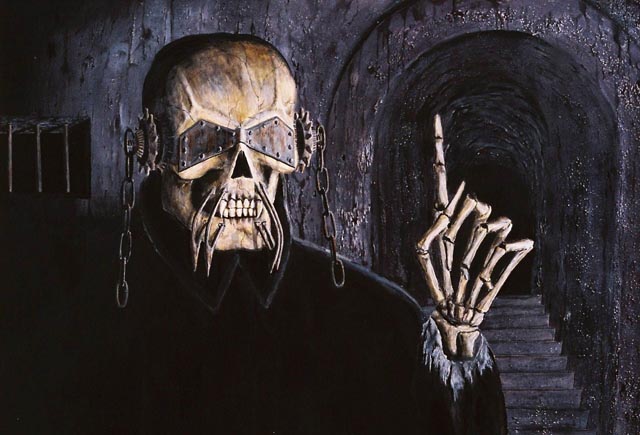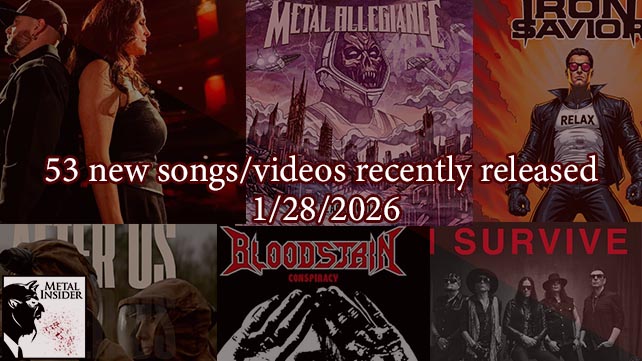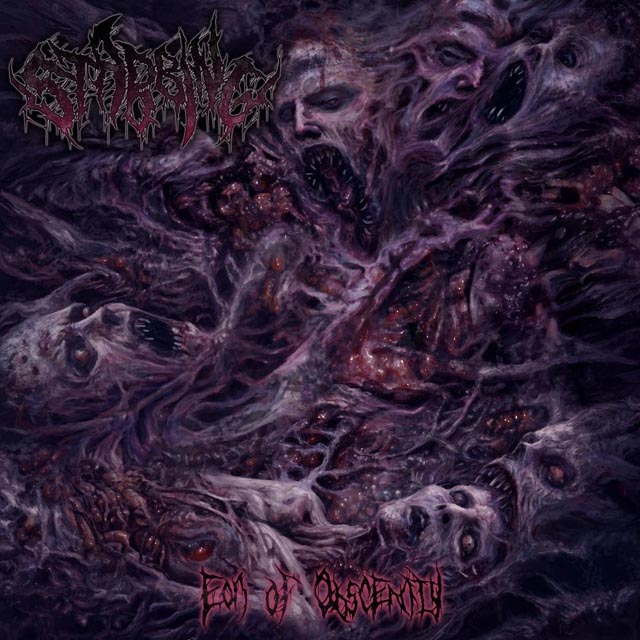 As I was headed into the CMJ panel, “American Hardcore and the Rise of Modern Rock,” I tweeted “What’s hardcore about a panel about hardcore?” My initial thought proved to be true in a panel that, while interesting, lacked the energy and attitude of the subgenre it was covering. While excelling as a history lesson in punk and hardcore, it only touched on the current state and future of the genre, which was a missed opportunity for the standing room only audience.
As I was headed into the CMJ panel, “American Hardcore and the Rise of Modern Rock,” I tweeted “What’s hardcore about a panel about hardcore?” My initial thought proved to be true in a panel that, while interesting, lacked the energy and attitude of the subgenre it was covering. While excelling as a history lesson in punk and hardcore, it only touched on the current state and future of the genre, which was a missed opportunity for the standing room only audience.
Moderated by American Hardcore: A Tribal History author Steven Blush, at times, the panel seemed like a physical version of the book. It must have been thrilling in the early ’80s, becoming part of a scene, then finding out it existed in other parts of the country. Stories from Articles of Faith frontman Vic Bondi, zine The Big Takeover publisher Jack Rabid had Bad Brains in common: Bondi was surprised to see that there was a scene beyond New York City from the influential Washington DC hardcore band playing in New York. Bondi, whose parents lived in DC, took their energy back to Chicago with his band (musician Matt Sweeney was also on the panel).
Technology and how it changed the game was another recurrent theme. Early hardcore didn’t just sound raw out of necessity, it sounded raw because the scene was very DIY. There were no major labels backing hardcore bands – in fact, Bad Brains’ self-titled album was initially only issued on cassette. Rabid remarked that “now bands have eight albums and haven’t played a gig yet.” And aside from tape trading and the occasional live shows, fans found out about music via photocopied zines, with Bondi referring to Xerox as “the true height of technology.” The rise in indie labels has helped hardcore bands, as has the entry price and ease of recording an album.
Yet for all their memories about coming up in the scene, most of the panel didn’t seem interested in the current state of hardcore, or really, anything that’s happened in the genre since 1986. In fact, one of the newest stories brought up was Bondi talking about being backstage at a Fugazi show in the wake of Helmet signing to Interscope and having then Atlantic head Ahmet Ertegun trying to sign the band. The one exception was the youngest person on the panel, Michelle Rakshys, who published her masters thesis on what major labels could learn from independent labels. (full disclosure: Rakshys works for Metal Insider’s parent company, The Syndicate). She mentioned that labels will still hire street teams to hand out fliers at shows and talk to people about why they should know about a new band. That’s something that hasn’t changed from 30 years ago outside Sunday afternoon hardcore matinees 25 years ago at CBGB.










